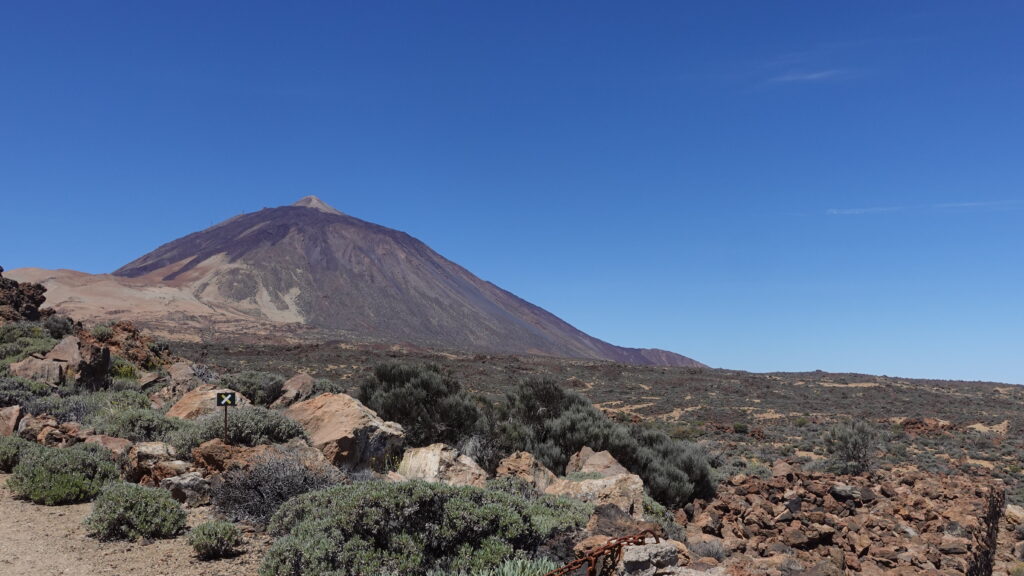
Building a Resilient Future: Conclusions from MYRIAD-EU’s Canary Islands Focus Group on Sectoral Risks
The MYRIAD-EU project is enhancing disaster risk management by using its Canary Islands pilot to test and refine multi-sectoral risk assessment and response strategies in real-world scenarios. The second Focus Group meeting gathered key participants from La Palma Council and the BioJust project to review preliminary results and provide feedback for future research.
Past natural disasters in the Canary Islands have raised concerns about poor land-use planning, ravines and drainage systems’ management, and overall inadequate adaptation to changing climate conditions. Factors like these increase the risk of natural disasters such as floods and landslides, which lead to greater damage and hazards. Additionally, they make it difficult to respond to and recover from disasters. The impact extends to the economy as well, affecting industries like tourism, farming, water, and energy. Poor management of resources causes shortages and higher costs, which slows down recovery and reduces resilience. Addressing these vulnerabilities is crucial for improving disaster resilience.
The meeting emphasised the serious governance and coordination challenges and highlighted the need for better collaboration and communication across different sectors.
The second Focus Group analysis identified risks and vulnerabilities specific to sectors such as energy, water, agri-food, and tourism. By understanding the interconnections and dependencies between these sectors, the group aims to improve disaster risk management and create more effective strategies for future events.
Dr. Noemi Padrón and her team from the Canary Islands Pilot used insights from 25 stakeholder interviewed and past studies to uncover how different sectors are affected by complex hazards, like the La Palma volcanic eruption. Their analysis examined the weaknesses in different sectors, their exposure to hazards and evolving risks due to environmental changes, new data, and developments in hazard understanding. The agri-food sector demonstrated a comprehensive understanding of multihazard scenarios, recognising how these threats could affect their crops and livelihoods. The energy and water sectors, on the other hand, focused mainly on protecting their infrastructure to ensure consistent power and water supply. Meanwhile, the tourism sector identified significant impacts from heat waves and wildfires, which affected both the environment and visitors’ safety.
Sectoral Risk Management Measures
As the Canary Islands face increasing climate-related challenges, effective risk management across sectors is crucial for sustainability and resilience. Stakeholders and participants highlighted key issues and proposed the following recommendations:
- Water Sector: Challenges include increased frequencies of droughts, heatwaves, and groundwater salinisation due to sea level rise. Recommendations include expanding desalination capacities, developing a comprehensive wastewater recycling network, and improving early warning systems.
- Energy Sector: The energy sector is facing challenges due to an expected rise in droughts and heatwaves from climate change, which will increase energy demand, particularly from the intensive water desalination plants securing water supply. Additionally, changes in government policies will modify subsidy schemes, impacting the financial feasibility of renewable energy projects. To address these issues, recommendations include increasing financial support for renewable energy, updating regulations to better integrate renewables into the energy grid, and strengthening the resilience of energy infrastructure.
- Agrifood Sector: Challenges in the agrifood sector stem from uncertainties in productivity, seasonality, and water availability, which are affected by climate change and fluctuating weather patterns. These uncertainties make it difficult to predict crop yields and growing seasons, impacting overall agricultural stability. Recommendations include enhancing water use efficiency and supporting sustainable agriculture for local markets.
- Tourism Sector: The tourism sector in the Canary Islands faces challenges from increased droughts, heatwaves, and wildfires due to climate change, as well as evolving global trends favouring more sustainable and authentic experiences. Recommendations involve promoting sustainable tourism practices, improving resource efficiency, and enhancing local community engagement.
To tackle these challenges, we need to set up regular stakeholder engagement, push for policy changes to improve information sharing, establish dedicated communication channels for coordinated responses during multi-hazard events, and integrate stakeholder feedback.
